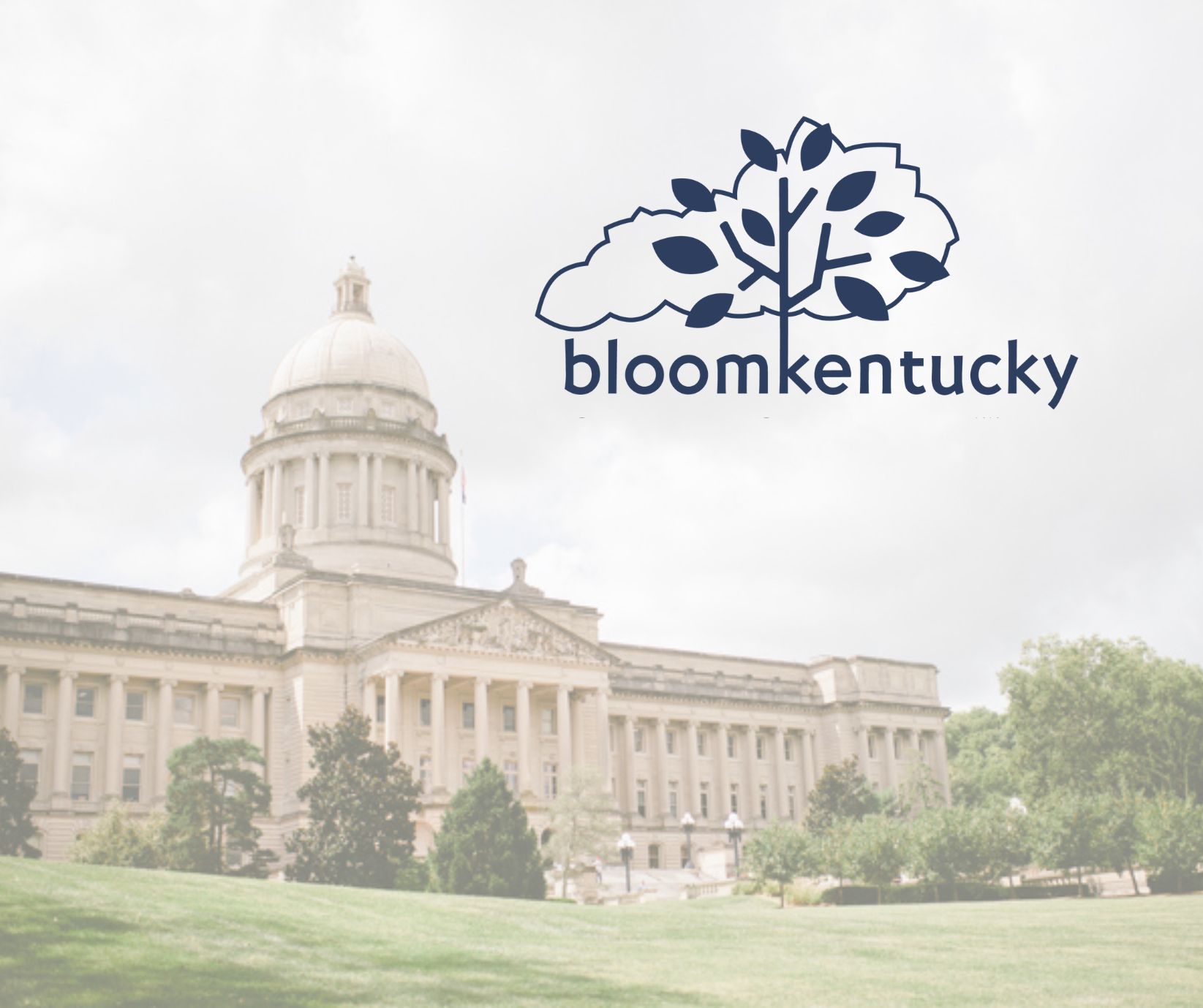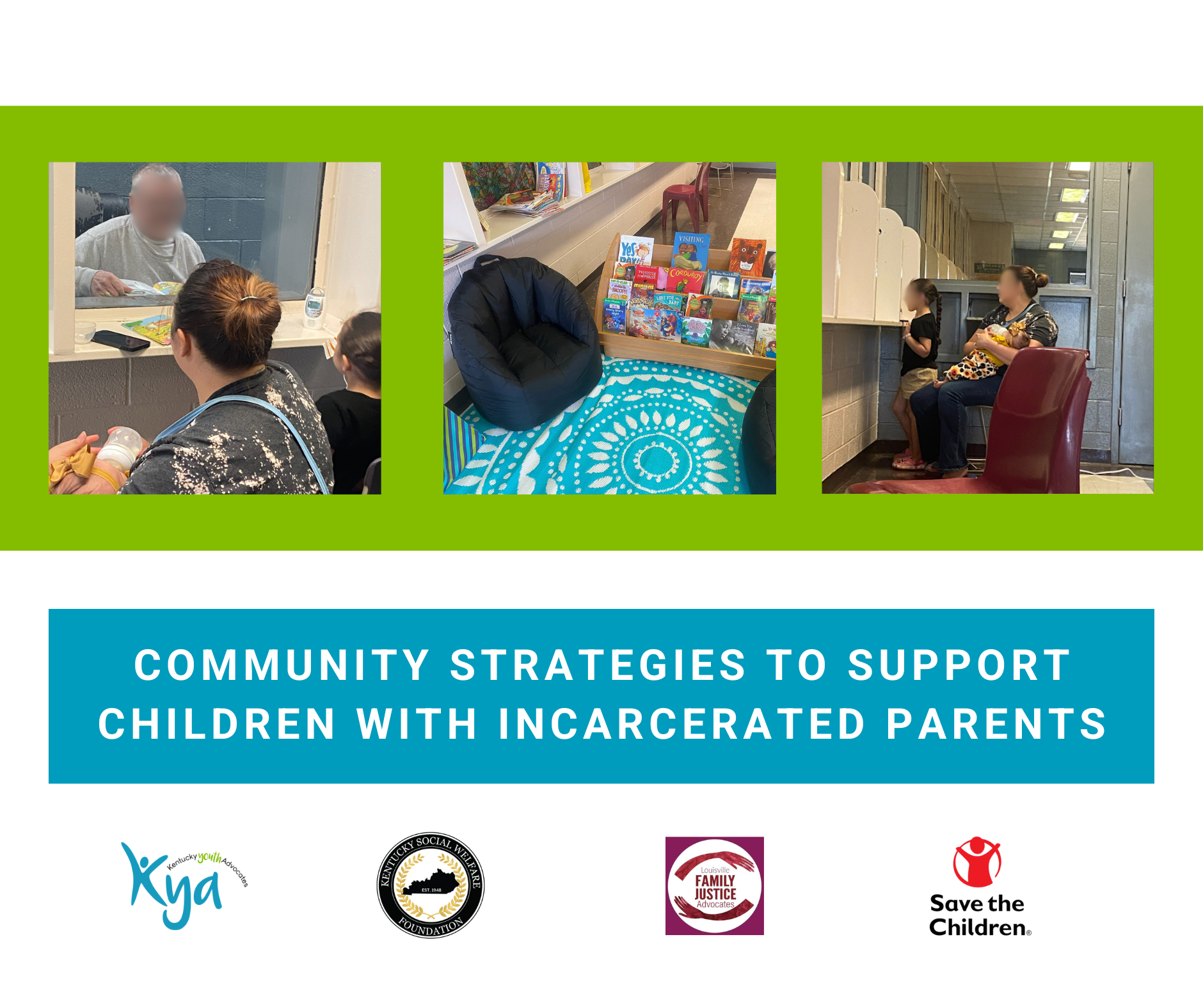 There has been some serious excitement in my house this week, as our daughters prepare for their first days of school. We’ve gone to school to deliver their bags of school supplies – crayons, markers, scissors, notebooks, and glue sticks. We’ve visited their classrooms and met their new teachers. We’ve picked out their first-day-of-school outfits and prepared their new backpacks. In our house, back to school is a pretty big deal.
There has been some serious excitement in my house this week, as our daughters prepare for their first days of school. We’ve gone to school to deliver their bags of school supplies – crayons, markers, scissors, notebooks, and glue sticks. We’ve visited their classrooms and met their new teachers. We’ve picked out their first-day-of-school outfits and prepared their new backpacks. In our house, back to school is a pretty big deal.
My first- and third-grader are two of over 650,000 Kentucky children heading back to public school this month. As a parent of two elementary students, there are a lot of details to manage before the first day. There are immunization forms to round up. There are medical, dental, and vision screenings to get completed. There are transportation and after school care plans to iron out. See a description of all it takes to enroll a child in public school in Kentucky here.
As an advocate for kids in Kentucky, I am reminded that the end of the summer brings both relief and challenges to families. Beyond teaching kids the core subjects that they need to succeed in school, like reading, math, and science, schools also meet other needs and provide key supports to families. For instance, free and reduced-price school meals are a critical source of nutrition for many households that suffer from food insecurity and struggle to put meals on the table. And let’s face it, having kids in public school delivers a must have for any parent who has a regular 9 to 5 job – safe and affordable care for their kids while they are at work.
Yet, for the 81,000 children who are being raised by grandparents and other relatives, also known as kinship care, we continually hear from many partners across the state that our systems, which were designed with traditional families in mind, often pose major barriers to this increasingly common family structure. Growing numbers of children are in the care of relatives due to opioid abuse or parental incarceration.
What does the beginning of school mean for children in kinship families? It means dealing with the unplanned expenses for new clothes, school supplies, and backpacks and figuring out transportation. But one of the greatest challenges for new kinship caregivers is the lack of legal relationship to the child, which is often needed to make medical and educational decisions on behalf of the child. 
In 2014, the Kentucky General Assembly recognized the temporary nature of most informal kinship arrangements and the need for caregivers to have the power to authorize school enrollment, health care treatment, and educational services. Subsequently, SB 176 was passed into law. The new law broke down barriers for caregivers by allowing a relative to complete a form, called an affidavit, under penalty of perjury, stating that they are the primary caregiver of the child. The form provides space for a parent to sign off or for an explanation of attempts to contact the parent, if they are unavailable.
In partnership with the Kinship Families Coalition of Kentucky and AppalRed, Kentucky Youth Advocates worked to create a model affidavit for kinship caregivers. The Caregiver’s Authorization Affidavit serves as a template for caregivers without legal custody to get the authorization needed to address the educational and medical needs of the children they are caring for. The form was created in order to help relative caregivers easily create an affidavit on their own, without having to consult an attorney.
If you or someone you know is caring for a relative child and could benefit from the use of this form, please click here for the model affidavit and here for more information.
Check out some helpful tips for a safe and successful back-to-school transition from our partners at the Kosair Charities® Face It® Movement here.
Let’s help all Kentucky kids get back to school healthy, safe, and ready to learn!






Leave A Comment